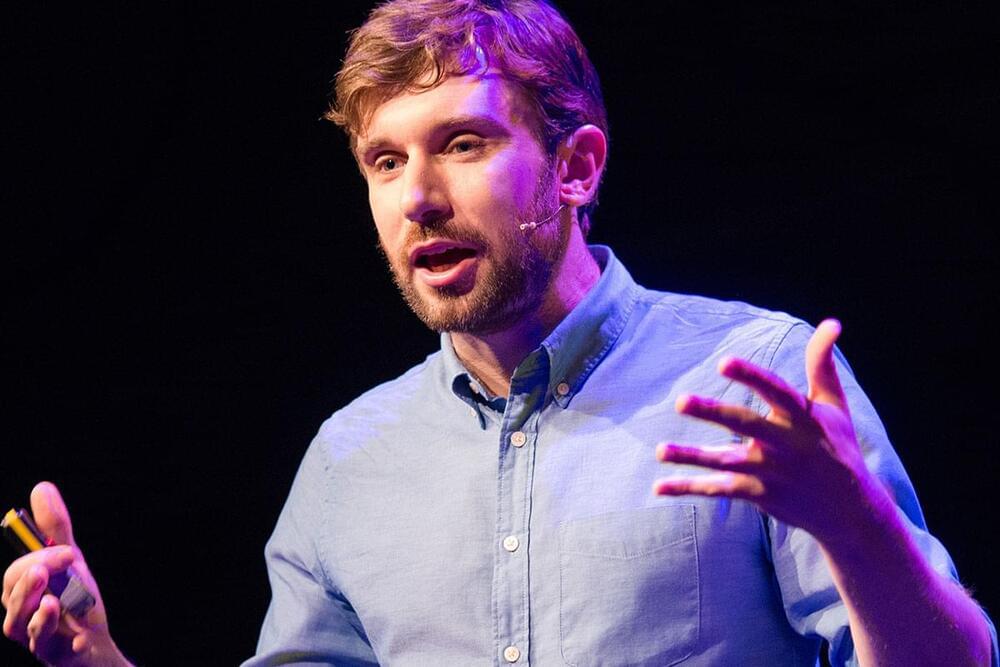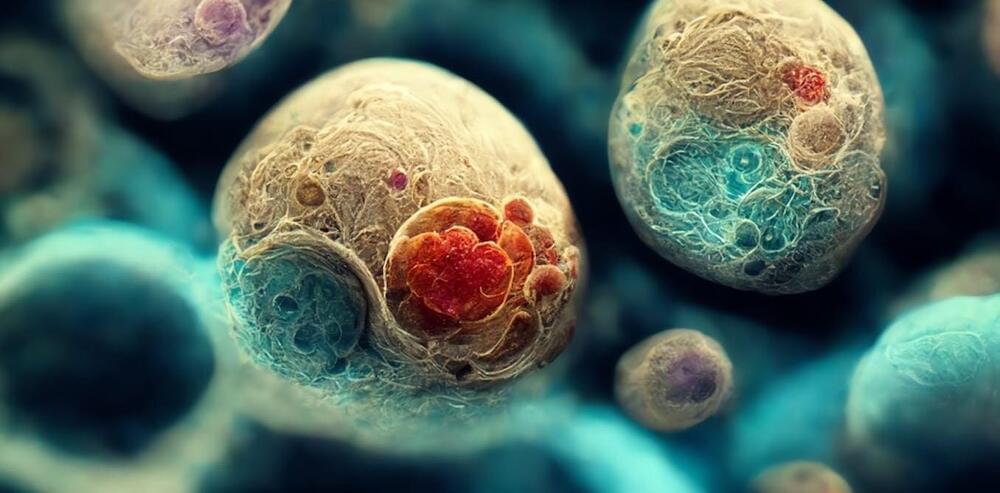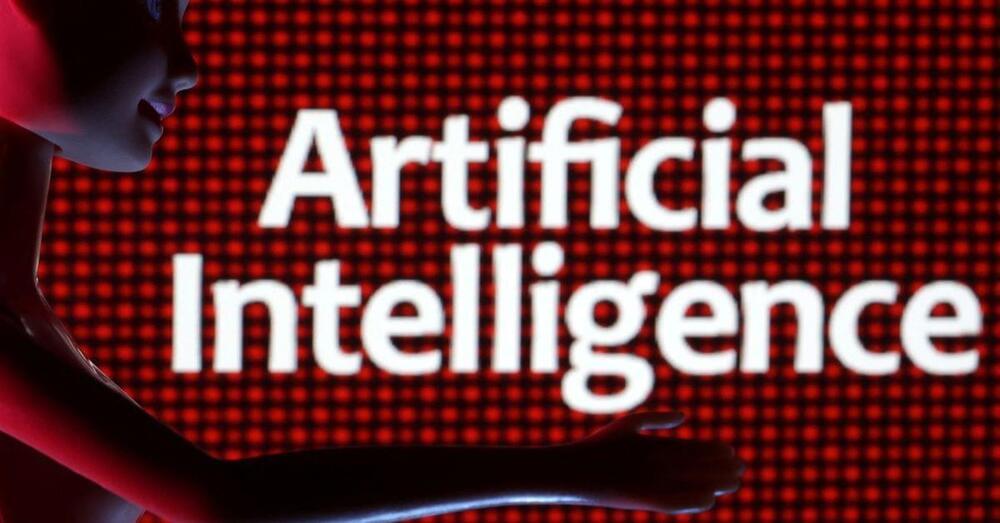The 2023 edition of the exclusive Longevity Investors Conference is fast approaching, bringing together investors, companies and researchers in Gstaad, Switzerland in September. One of the speakers at this year’s conference is scientist, writer and presenter Dr Andrew Steele, the author of the best-selling book Ageless: The new science of getting older without getting old. When it comes to his views on longevity, Steele sits firmly in the camp that aging, like cancer, is something that humanity should be focused on curing.
Longevity. Technology: Last year, Steele told us he was “absolutely convinced” curing aging is possible, but that significant questions remain around how quickly we can get there. As he prepares to speak to more than 100 investors at LIC, we caught up with Steele to see how his views on longevity have evolved, and what he would say to those considering investing in the field.
First and foremost, Steele, who recently published a new, free chapter of Ageless on the moral, ethical and social consequences of treating aging, believes that longevity represents a huge “human opportunity” for investors.




